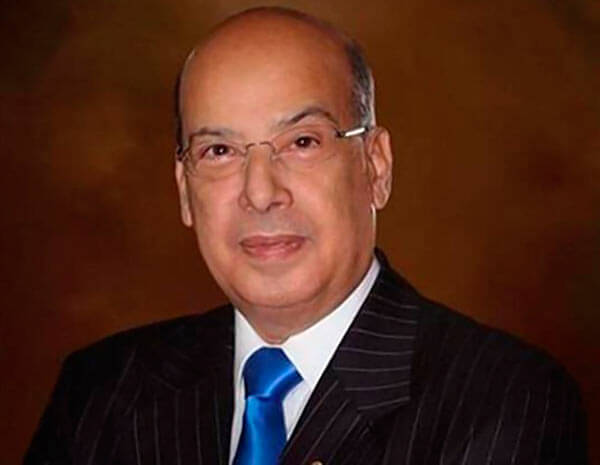Associated Press
SAN JUAN, Puerto Rico (AP) — The U.S. government said Wednesday that it will deliver nearly 837,000 Pfizer vaccines to Caribbean nations as the region with limited resources struggles with a spike in COVID-19 cases amid violent anti-vaccine protests.
The Bahamas will receive 397,000 doses followed by Trinidad and Tobago with more than 305,000 doses. Barbados will receive 70,200 doses, while 35,100 are slated for St. Vincent and the Grenadines, 17,550 for Antigua and 11,700 for St. Kitts and Nevis.
“The Biden-Harris administration’s highest priority in the Americas today is managing and ending the COVID pandemic and contributing to equitable recovery,” said Juan Gonzalez, the National Security Council’s senior director for the Western Hemisphere.
Thousands of specialized syringes required for the Pfizer vaccine also were donated, with officials noting that the donations involved “significant legal and logistic complexity.”
In addition, USAID, which has provided more than $28 million to help 14 Caribbean nations fight COVID-19, expects to announce additional funding soon, according to a White House official.
The Caribbean region has reported more than 1.29 million cases and more than 16,000 deaths, with some 10.7 million people vaccinated so far, according to the Trinidad-based Caribbean Public Health Agency.
Among the hardest hit Caribbean nations is Haiti, which on July 14 received its first vaccine shipment since the pandemic began — 500,000 doses of the Moderna vaccine donated by the U.S. via the United Nations’ COVAX program for low-income countries.
The country of more than 11 million people has reported 20,400 confirmed cases and 575 deaths, although experts believe those numbers are severely underreported given a widespread lack of testing.
A National Security Council spokeswoman told The Associated Press that the U.S. “will send a signification amount of additional doses to Haiti soon,” but further details were not immediately available.
On Wednesday, Haitian Health Minister Laure Adrien said some 16,000 people in Haiti have been vaccinated and that all of the country’s 10 departments have received a supply of vaccines.
The announcement by the U.S. government comes amid recent anti-vaccine protests in Guyana, Antigua and St. Vincent and the Grenadines, whose prime minister was hit in the head with a rock last week and was briefly hospitalized.
Meanwhile, two firefighters in Guadeloupe were injured during recent protests against a COVID-19 curfew, according to a government statement. A similar protest also was reported in nearby Martinique, a French island of more than 370,000 people that is reporting 1,176 cases per 100,000 inhabitants, a spike that officials blame on the delta variant and low vaccination rates.
“Tourists are invited to end their stay in Martinique,” the prefecture said on Monday.
That same day, officials in Martinique issued new regulations including shutting down beaches and nonessential businesses and ordering people to not venture farther than roughly half a mile (1 kilometer) from home. Meanwhile, officials in the U.S. Virgin Islands announced upcoming measures including closing beaches by late afternoon on weekends.
Among the islands most struggling with a spike in COVID-19 cases are the Bahamas, Curacao, Martinique, Guadeloupe and Trinidad and Tobago.
France recently announced it was deploying military medics and ICU units to the French Caribbean to fight the virus surge, and military planes were bringing some critically ill patients to the French mainland for treatment.
























